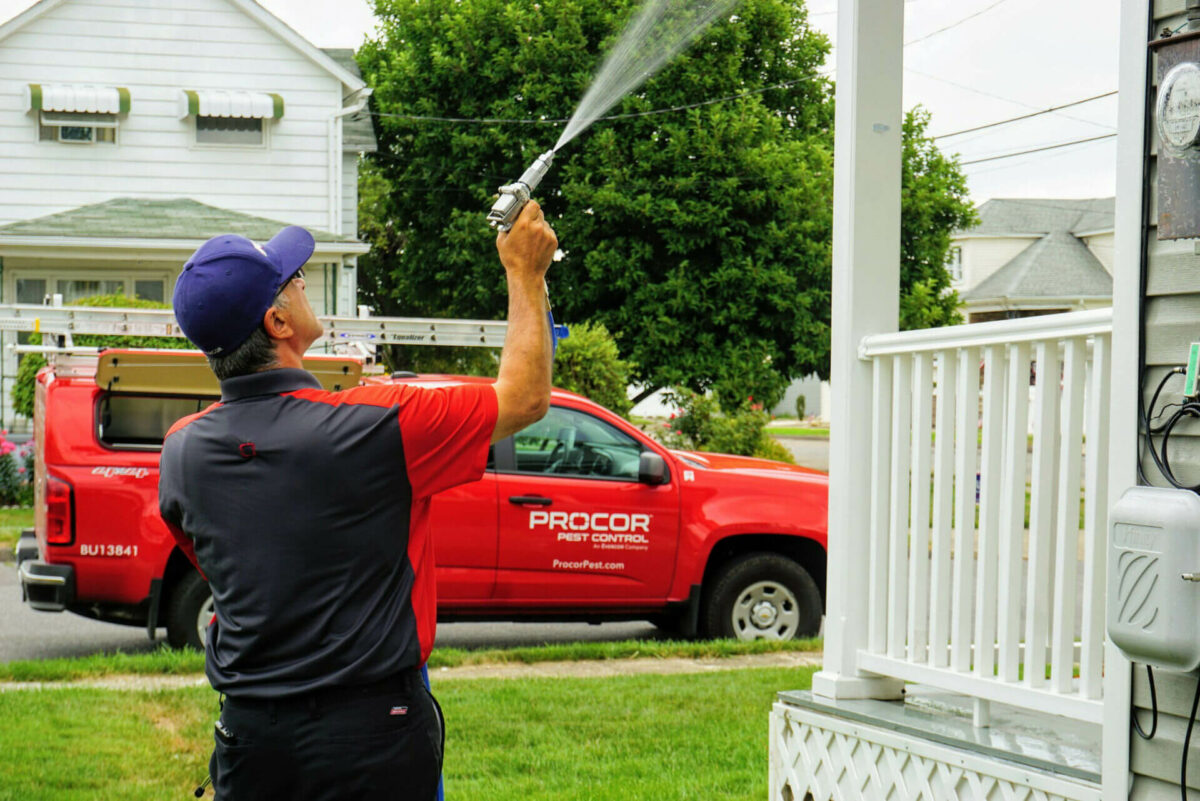As a new business, you know that creating an online presence is important, and that social media is not to be neglected if you want that presence to be backed in an authentic way.
Establishing and maintaining a genuine social media profile as a blooming business is crucial to gaining an organic pool of supporters, followers, fans, or however you’d like to call them.
If you’re not exactly a budding business, but already manage a successful and mature brand, then the way you handle and promote it through social media becomes even more importantBut with more exposure, risks also begins to lurk around the corner: the danger of a social media disaster can really harm your business and prove to be a major setback.
In order to keep developing your brand and continue growing an engaged audience, as the best method of gaining a loyal fan base, you need to take this risk under advisementSooner or later, you may find yourself in an online situation which can quickly turn sour if mismanaged.

To avoid it turning into an actual social media disaster that will reflect poorly on your brand and your business for a long time, you need to take some precautions.
After all, there are already plenty of examples of how a social media incident turned into a PR disaster for several companies out thereWhen it comes to exposure and the public eye, there’s no such thing as ‘too big to fail’; quite on the contrary.
Without further ado, here are the best 5 actionable tips on how to prevent a social media PR disaster for your business.
#1 Keep up to date with the professional jargon
This may sound weird or not that important, but you have no idea how outdated (or borderline incompetent) you may seem when discussing an issue in terms which were in use a decade agoNo matter how on-point the ideas you’re trying to deliver are, if you’re not using the same kind of cutting-edge terminology as the other experts in your field, your post may end up drawing the wrong kind of attentionTo prevent being ridiculed for any grandma or grandpa talk, just make sure you do your homework on the terms other companies and experts are currently usingFollowing as many influencers from your niche as possible will do the trick.
#2 Always be open to criticism in a timely manner
This needs to be handled very, very carefully: whenever a customer (or a simple outsider) is criticizing you on one of your social media profiles, you need to respond quicklyIf you delay responding for too long, it will look as if you’re attempting to bury your head in the sand, or simply as if you don’t care about the feelings and concerns of your potential clientsAlso be careful to how you respond: defend yourself in the friendliest manner possible, never infirm their negative experience directly, apologize, offer some form of compensation (if needed) and so on.
#3 It’s best to stay away from controversial statements
For some, issuing controversial statements is a way to harness more social media attention, and, if handled carefully, can somehow workHowever, this type of strategy (reasonably considered too risky even if successful) can only be worth trying when building a personal brand for an individual, and not for a businessAs a company, it’s best to stay away from any statements which may end up offending any party.

#4 Careful who you’re backing or promoting
On the same note as trick #3 above, you should be careful not to support or promote any public figure (or fellow brand) who can be linked to dubious stances on controversial issuesEven when a public figure expresses their excitement for your brand and you would normally rejoice for the awesome publicity, do your homework on that person before expressing any gratitude or jumping on the opportunity for further promotion.
Social platforms, such as SnapChat, make it very easy for influencers to link their name to a particular brand, but you should always pay extra attention to the kind of content that you are promoting and the exact demographic that you are trying to reach.
#5 Always promote transparency and know everything that goes down in your organization
You should always know your business inside out, including the very distant ends like the other businesses or organizations you work withIf you buy raw materials from a company who uses ethically dubious tactics like underpaid labour in South-eastern Asian countries or the use of polluting chemicals and so on, you may be held accountable as well over social mediaThe worst thing you can do is to be taken by surprise by an accusation over something like this; so it’s best to at least do your homework very well so you can respond to anything.





